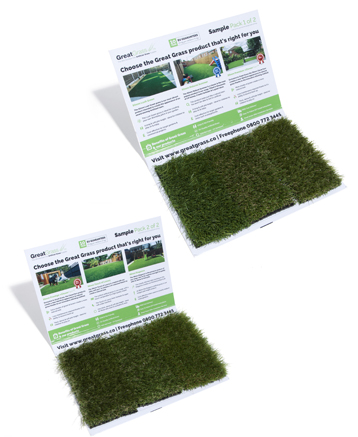Some people can take the view that installing artificial grass in your garden is the lazy route and is the easy option. Well, it may well be and whilst there’s nothing wrong with that, replacing your lawn with artificial grass is also beneficial to the environment, as well as being beneficial to you.
Whilst natural grass has the obvious benefit of taking carbon dioxide out of the air and putting back in oxygen, but do the benefits of artificial grass outweigh this? Well, let us outline the eco-friendly aspects of artificial grass and you can decide for yourself.
There is no need to use fertilisers to help your artificial grass grow, which can cause an environmental imbalance. Certain fertilisers can also kill a number of valuable insects and bugs that are good for the environment.
No chemical usage with artificial grass is obviously a benefit as any unnatural substance can be damaging to the environment and to any living things that comes into contact with it; both plants and animals. Certain chemicals can also be toxic to cats and dogs – a real danger if you have pets!
When maintaining your artificial grass lawn, there’s no need to water it every day. You only need to use warm soapy water every now and then to clear any muck or debris away. Using less water is a major benefit to the environment especially in areas where hose pipe bans and water shortages are frequent. With artificial grass, the look of your lawn doesn’t suffer and neither does the world!
Electricity usage is something that we’re always told to curb, for example turning off light switches in rooms we’re not in, and plug-in gardening tools such as strimmers and mowers use up a ton of electricity. Artificial grass lawns don’t need any of these tools and so you’re saving on electricity usage – a great boon to the environment.
And finally, one of the biggest threats to our environment is carbon emissions. Petrol lawnmowers are a common sight for people that have particularly large gardens to take care of but they give out such a large quantity of emissions which isn’t needed for artificial grass.
So, have you decided what’s more eco-friendly, natural or artificial grass?


